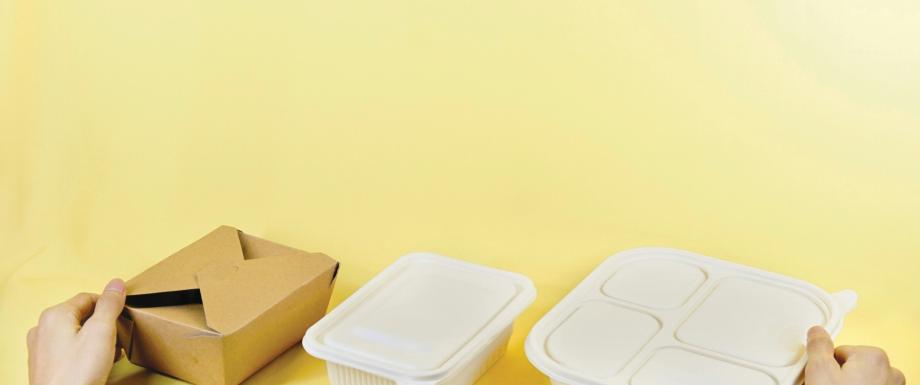
The Chamber is critical of the packaging tax proposal
In March, the Ministry of the Climate introduced a waste reform proposal, which includes the idea of establishing a packaging tax and obliging the collection of packaging waste from the point of origin. The Chamber informed the Ministry that it opposes the introduction of a packaging tax and that the idea of collecting packaging waste from the point of origin also needs further refinement.
According to the Ministry’s vision, the packaging excise system should be modified into a two-part system, consisting of a packaging excise tax and a packaging waste excise tax. The packaging excise tax would be levied at the moment of directing packaged goods to the market and would be paid by all packaging companies that introduce packaging into the market. The aim of such an excise tax is to motivate packaging companies to use packaging with less environmental impact and to reduce the amount of packaging. The packaging waste excise tax would be a valid packaging excise tax, i.e., it would tax packaging waste that, according to the packaging registry data, remains unrecycled within the targets set by the packaging law.
9 reasons not to impose a packaging tax
The Chamber opposes the introduction of a packaging tax because the environmental goals it aims to achieve are already met by measures agreed upon earlier. For example, higher recycling targets for packaging waste will come into effect from 2025, and by 2030, all packaging must be recyclable. Additionally, packaging companies are already required to pay a fee for introducing packaging into the market, but this fee is paid to recycling organizations for handling packaging waste, not into the state budget.
There is still ambiguity on how effectively the excise tax on introducing packaging to the market would achieve its environmental goals. We have received feedback from businesses that they have already reduced the weight of packaging and made packaging designs more environmentally friendly within the scope of today’s possibilities. Therefore, it remains an unanswered question what environmental problem is intended to be solved with the new tax.
The introduction of the new tax also carries the risk of increasing unfair competition if some businesses report less packaging introduced to the market than in reality. Therefore, without effective supervision, it is not sensible to impose a new tax.
Moreover, there are significant flaws in the impact analysis of the excise tax on introducing packaging to the market. Also, no similar tax exists in other member states. Therefore, considering the current economic downturn, it is not reasonable to impose a new tax.
The idea of collecting packaging waste from the point of origin needs further analysis
The waste reform proposal also includes the idea of switching to collecting all packaging materials from the point of origin, except in sparsely populated areas where it may still be justified to collect certain packaging materials (e.g., glass packaging) using public packaging containers. According to the idea, the collection of packaging waste would be part of organized municipal waste management and coordinated by local governments.
The Chamber is not opposed to collecting packaging waste from the point of origin if it is the most cost-effective solution for society. However, since the Ministry has not thoroughly analyzed the idea of collecting packaging waste from the point of origin or other alternatives, we have requested that a relevant impact analysis be conducted before drafting the bill.
We also emphasized that if the idea of collecting packaging waste from the point of origin is pursued, it is necessary to also impose on people the obligation to bear the costs associated with this convenience service to a greater extent.
A win: No target rate will be set for retail packaging
Initially, the Ministry wanted to set separate collection or recycling targets for retail packaging within the framework of the waste reform, but following suggestions from the Chamber and other business organizations, the Ministry has abandoned this idea. Since it is not possible to accurately distinguish which collected packaging waste streams are retail packaging, it is not reliable to determine how much of the retail packaging has been collected or recycled.
The draft bill will be prepared in the coming months
The draft bill for the waste reform is expected to be ready in the coming months, and the planned changes are expected to take effect in January 2025. Changes related to the packaging tax will likely be implemented later, as IT developments are needed. You can learn more about the planned waste reform here. It is currently unknown to what extent the Chamber's suggestions will be considered.


